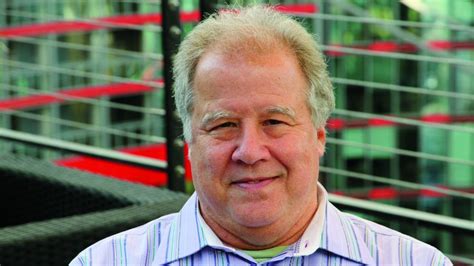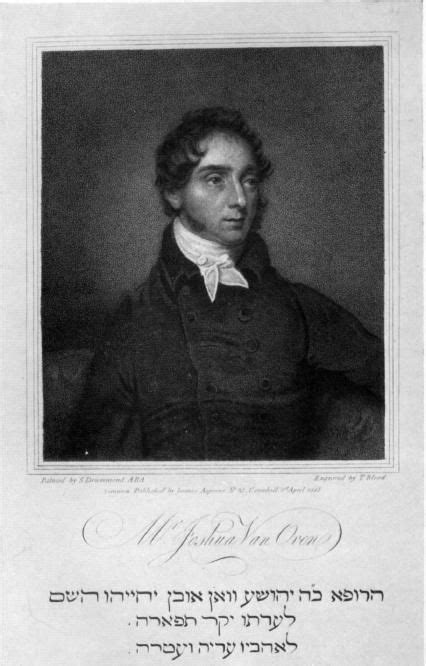A Quote by Aldous Huxley
It is possible to argue that the really influential book is not that which converts ten millions of casual readers, but rather that which converts the very few who, at any given moment, succeed in seizing power. Marx and Sorel have been influential in the modern world, not so much because they were best-sellers (Sorel in particular was not at all a widely read author), but because among their few readers were two men, called respectively Lenin and Mussolini.
Related Quotes
Heidegger wrote a book called Was Ist Das Ding - What Is a Thing? which was kind of interesting and influential to me, as a matter of fact. It's a small paperback, which I read. It's about the nature of thingness; what is it? It's a very penetrating analysis of that, and I think a rather influential book. I know other artists who have read it and come up with it.
I seem to have three categories of readers. The first is nonbelievers who are glad that I am reading the Bible so they don't have to bother. The second group, which is quite large, is very Biblically literate Jews. And the third, which is also very large, is Christians, most of them evangelical. The evangelical readers and the Jewish readers have generally been very encouraging, because they appreciate someone taking the book they love so seriously, and actually reading it and grappling with it.
The power to determine the quantity of money... is too important, too pervasive, to be exercised by a few people, however public-spirited, if there is any feasible alternative. There is no need for such arbitrary power... Any system which gives so much power and so much discretion to a few men, [so] that mistakes - excusable or not - can have such far reaching effects, is a bad system. It is a bad system to believers in freedom just because it gives a few men such power without any effective check by the body politic - this is the key political argument against an independent central bank.
The ear is the only true writer and the only true reader. I know people who read without hearing the sentence sounds and they were the fastest readers. Eye readers we call them. They get the meaning by glances. But they are bad readers because they miss the best part of what a good writer puts into his work.
The idea that you waited for that particular issue to come out, but then you planned your TV viewing for the coming season, it was a completely different world. And I grew up in Fort Lauderdale, so there was a TV critic writing for the Miami Herald, Jack Anderson, that was very influential. Just to read, every morning, somebody who cared about TV as much as I did - they were an adult, and they were clearly being paid for it. That was an "a ha!" moment for me before I was even 10.
And yet we have what purports, or professes, or is claimed, to be a contract—the Constitution—made eighty years ago, by men who are now all dead, and who never had any power to bind us, but which (it is claimed) has nevertheless bound three generations of men, consisting of many millions, and which (it is claimed) will be binding upon all the millions that are to come; but which nobody ever signed, sealed, delivered, witnessed, or acknowledged; and which few persons, compared with the whole number that are claimed to be bound by it, have ever read, or even seen, or ever will read, or see.
Most readers look at the photograph first. If you put it in the middle of the page, the reader will start by looking in the middle. Then her eye must go up to read the headline; this doesn't work, because people have a habit of scanning downwards. However, suppose a few readers do read the headline after seeing the photograph below it. After that, you require them to jump down past the photograph which they have already seen. Not bloody likely.
The preservation of the Jew was certainly not casual. He has endured through the power of a certain ideal, based on the recognition of a Higher Power in human affairs. Time after time in his history, moreover, he has been saved from disaster in a manner, which cannot be described excepting as 'providential.' The author has deliberately attempted to write this book in a secular spirit; he does not think that his readers can fail to see in it, on every page, a higher immanence
I think our literary tradition has to evolve, has to explore its form and its spirit through writers and thinkers, rather than let the lazy, easy traditional narrative - which is controlled by the publishing industry - roll all over the readers and dominate the market. I think our readers and cinemagoers have been trained to read and watch very mainstream stuff. It's like being given sleeping pills. It sends people to a non-reflective sleep state.





































